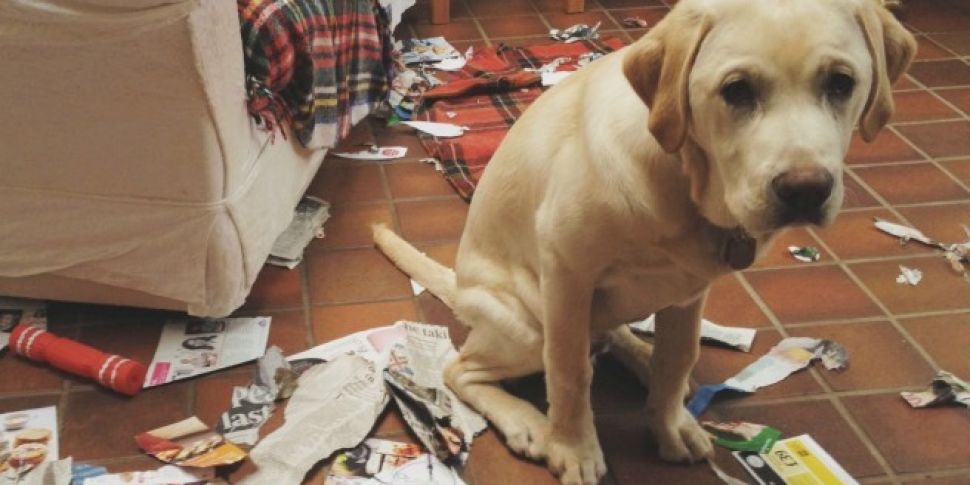For dog lovers of the world, one of the most popular memes to have sprouted online is the act of dog shaming – whereby guilty-looking pooches confront their behavioural shortcomings for comic effect.
It usually means sitting in abject misery beside the crumby remains of a scoffed birthday cake or the shrapnel left over from a chewed on book. And front and centre of the culpable stare lie a pair of big, brown eyes that look pretty pitiable.
Writing in Psychology Today, biologist Nathan Lents recently explained that researchers into animal behaviour have coined a term for this look, the ‘apology bow’. And over the millennia of domestication, man’s best friend has deployed the look to do much more than make you forgive him – it’s been an essential part of the species’ longevity.
A wolf in dog's clothing
According to behavioural researchers, wolves – from whom dogs genetically schism-ed at some point – also use the apology bow after completing some blunder that the rest of their pack sees as socially unacceptable.
When a wolf, for instance, gets rough during play time, the others in the pack will shun him or her for a while. In order to worm their way back into the social order, the offending wolf must approach with an apology bow to show they pose no danger.
“The actions associated with the apology bow mimic the action shown when a wolf indicates submission to a more dominant, higher-ranking wolf,” says Nathan Lents, when describing how dogs employ the same mechanism of self-chastisement.
“The head hangs low, panting or smiling spots, eye-contact is avoided, and they literally put their tail between their legs.”
Leader of the pack
As an expression of submission, all things are not equal; dominant wolves (and dogs) in packs rarely feel the need to apologise for serious social blunders, whereas the lower-ranking ones are required to bow for even the slightest mistake.
For canines, their comprehension of a wolf pack exists as the bond they share with their owners and companions. Social animals, they desire a harmonious balance in the group and feeling isolated or ignored is a painful experience.
Which is why the next time you walk through your front door to find the white cushion lining of your couch scattered all over the living room, you can expect to see an apology bow at the first mention of ‘Bad dog!’









